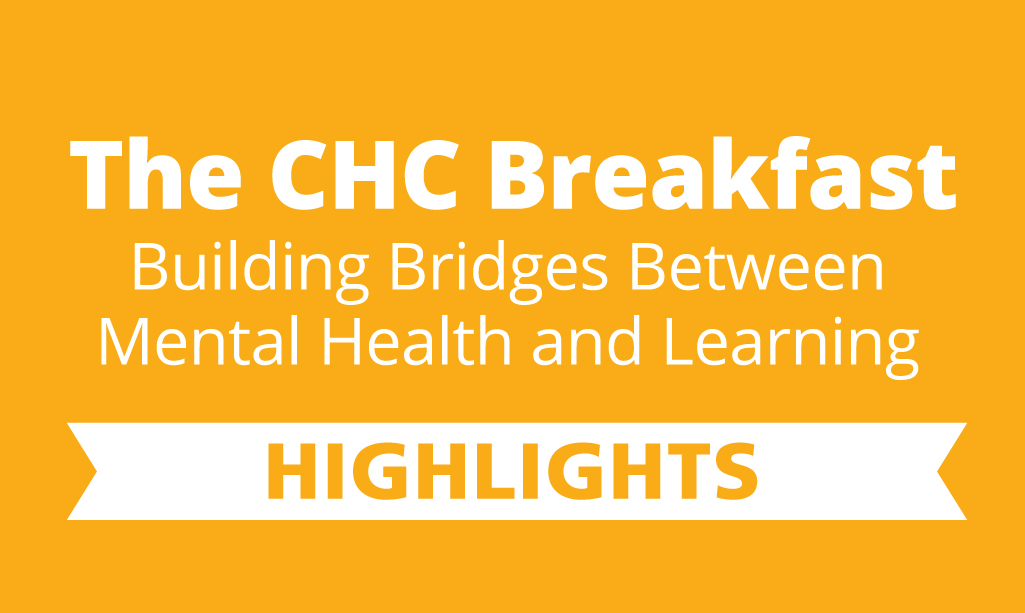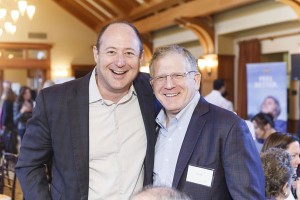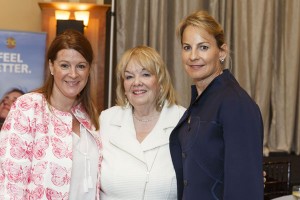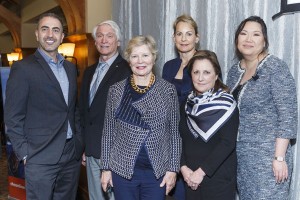
The CHC Breakfast
Building Bridges Between Mental Health and Learning
In March, close to 350 people gathered at Sharon Heights Golf and Country Club for the 5th annual CHC Breakfast, continuing the conversation about mental health and wellness for children, teens and young adults. Each year, CHC hosts The Breakfast on a topic of interest to parents and the community. We bring together well-known speakers, writers and professionals who can help us with the critical job of parenting. The annual Breakfast began in 2013 thanks to the vision of CHC Board Members Calla Griffith and Rahela Abbas.
CONTINUING THE CONVERSATION ABOUT MENTAL HEALTH
AND WELLNESS FOR CHILDREN, TEENS AND YOUNG ADULTS
This year’s thought-provoking gathering was hosted by Co-Chairs Catherine Harvey and Perri Guthrie, and focused on how those with learning differences and ADHD also struggle with anxiety. Dr. Ramsey Khasho opened the morning by providing statistics about the magnitude of the problem, and how many youth struggle with both learning as well as mental health issues.
He pointed out that 1 in 5 young people in the U.S. has a learning or attention difference, as well as anxiety and/or depression. Author and Co-Founder of Parents Education Network Dewey Rosetti and noted mental health expert and author Dr. Stephen Hinshaw then provided their very personal stories of struggle. Finally, our expert panel that included CHC’s Dr. Lynette Hsu, addressed many of the excellent questions provided by the audience.
1 IN 5 YOUNG PEOPLE IN THE U.S. HAS A LEARNING OR ATTENTION DIFFERENCE.
CHC Executive Director Rosalie Whitlock states, “I believe every child, teen or young adult with learning differences (LD) and ADHD also experiences anxiety and we must include this group in our discussions of mental health challenges.
You can’t treat LD and ADHD without at least considering anxiety. Together, we’ve made great strides and created many more services for families over the last couple of years. The impact has been great, but creating systemic change in our community requires incredible focus, hard work and financial backing. We thank our donors and the community for all they do to support programs and end stigma around mental health. Let’s keep the conversation going!”








